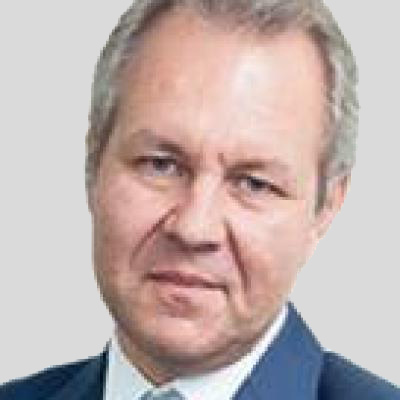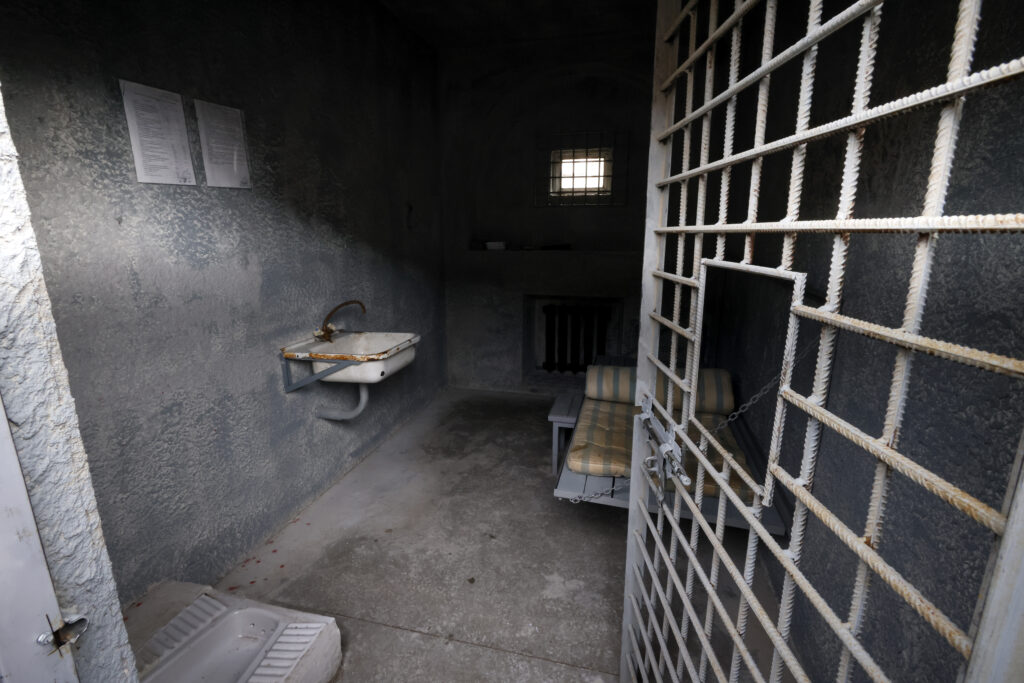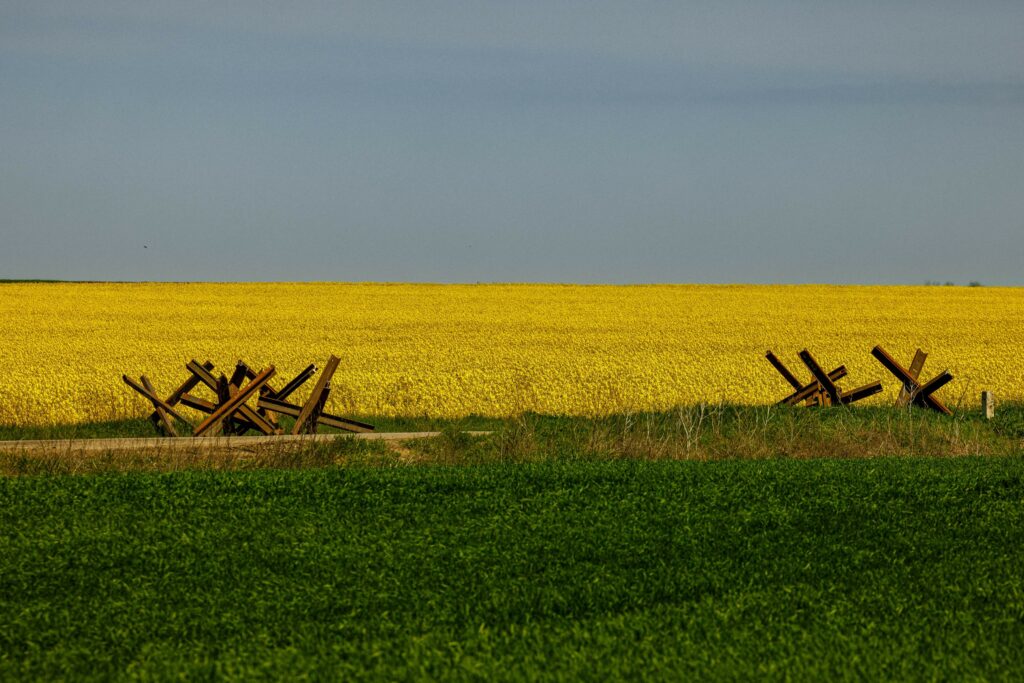In recent months, few topics have got as much attention from Russia analysts as popular disenchantment with the ruling elite. As many experts claim today, Russian society is beginning to show signs of discontent that the authorities should not ignore.
Yet, the situation is somewhat more complicated than the ruled losing faith in their rulers. Russia’s rulers also seem to be losing faith in themselves.
Throughout history, this divinely chosen caste has always (except for the rare moments of existential danger that threatened the existence of the people and the authorities) considered themselves owners of the country’s key resources. The latest elite grouping, acting on behalf of “the state”, have spent years embezzling huge wealth. Only sparingly have they shared it with ordinary people.
However, historically this attitude gave the elites — from Moscow aristocrats to communist commissars — a sense of optimism. They believed the country (actually owned by them) was becoming more powerful and their own prospects were getting more stable.
Those in power in Russia often mistreated its own people. This often resulted in mass killings and destruction. Yet, the authorities were never indifferent about the people because “the populace” was their main property, whether as serfs or Komsomol activists who “voluntarily” set out to build communism. Against this background, today’s developments seems like a sign of unprecedented pessimism. It is remarkable to witness how it is spreading not only among the ordinary folk but also among the elites.
The pessimism manifests itself in at least two forms.
On the one hand, the authorities have started to “spill the beans”. This refers to phrases now in currency such as: “it’s not that the prices are high, it’s that you don’t earn enough;” “the state does not owe you anything, as nobody asked you to be born;” or “there is no money, but you need to hold on.” Actually, in this case everything confirms the well-known Russian wisdom: what one person has in mind, the other will pronounce. Due to flawed selection top class people are being replaced by second-rate technocrats. Their statements become frank. However, this trend, as I said, does not reflect a change of attitude towards the people. Merely it is a change in expressing it (as if after many years of stagnation an era of “glasnost” and openness ensued). More important: there is another formula, which has not been criticised as outrageous, even by a significant proportion of apparently reasonable and even liberal people. Naturally, what I have in mind is the phrase “people are the second (or new) kind of oil.” This phrase is being repeated quite often today, in different variations. It is even viewed as a token of some kind of “modernisation” of Russian society, or even a proof of “going back to the people”. The key word in this formula is “second (new),” which emphasises that the elites are losing hope in having the resources they have always enjoyed, and which sometimes trickled down to the lower social strata. However, now the authorities are admitting that they will have to mine something not only from oil wells, but also from their subjects. This gets the elites into a state of stupor. They are beginning to realise that the much-desired transition from rent-giving “first oil” to the “second oil” may turn out to be impracticable under today’s conditions.
Meanwhile, negative expectations are manifested in the fact that the elites are getting ever more costly for the country. The historical optimism of the authorities exploiting the country is best reflected in its relative moderation, which implies a belief that a stable situation will not change. However, growing inefficiency and spreading corruption indicate that the authorities themselves do not believe in the country’s good prospects. Or in the stability of their own position in the power hierarchy. In fact, the official corruption reports (although increasingly worrying) or reports on officials arrested and convicted do not reflect the actual state of affairs. The same holds true for statistics on financial allocations and their outcomes. According to Putin, an average of 1.1 trillion roubles was allocated annually for the construction of roads in Russia in 2012–2017. Merely 40 billion roubles were allocated in 2000 for road construction, (tele)communications and information technology. Yet, in the context of this unprecedented growth in allocations, the length of the newly commissioned roads decreased from 7.9 to 2.3 thousand kilometres over these years. The recent criminal case against deputy Vadim Belousov, who has been deprived of official immunity, indicates the scale of theft in just a single case of road construction. It reaches up to 3.4 billion roubles, which represents 2/3 of the funds allocated from the budget for that particular project. This proportion seems to be the rule rather than an exception. The scale of theft entails problems in such projects: the epic failures of the Russian space industry are caused by the unique degree of “inefficiency” of the Roskosmos agency, even in comparison with other government-controlled structures, rather than competition from American private space companies or the results of sanctions, as stated in a recent press release by industry leaders. Officials increasingly act as if they perceived the opportunity to steal or provide themselves with some benefits as “a last-minute opportunity.” (Readers may remember the case with the retirement pension of 2 million, granted to the former governor of Khabarovsk Vyacheslav Shport). This indicates that the pessimism among the authorities in Russia is not lower than the pessimism of the nation.
At the same time, the pessimism of the elites has a much more serious impact on the country’s prospects than the pessimism of the people. The latter can be even viewed as a kind of “strategic reserve”: if the people are very pessimistic, even minor changes can lead people out of the stupor and catalyse their initiative. However, the pessimism of the authorities blocks most economic processes and prevents any chances for development. Expenditures of the Russian budget increased by more than 62% between 2011 and 2018. But the population has not experienced an improvement in their financial situation. The infrastructure has not developed significantly; the country’s systemic problems have not been solved. It seems that Russia’s fundamental problem today is that the “pessimistic” bureaucrats, who are not confident in their prospects or the stability of control over the country, are ready to appropriate any amount of funds without any visible consequences.
Can optimism return in Russia? This task is not complicated, at least in theory. The authorities should stop appropriating a growing proportion of the public goods. On the one hand, they should ease back the tax burden, allowing people to dispose of their own earnings. On the other hand, lift the pressure of all kinds of power agencies on entrepreneurs. This is perhaps the most important factor curbing economic growth today. After accelerating economic growth, similar steps would improve expectations. Thereby, overcoming the pessimistic attitudes among the public.
At the same time, they would end much fear among the elites about the unreliability and fragility of their own position. Society cannot live with a pessimism permeating all the social strata for a long time. This is why the situation must be changed as soon as possible, especially in economic terms since people are no longer influenced by political rhetoric and promises when assessing their own prospects.
How realistic would it be to put such a turnaround into practice? How can one force officials to limit themselves to the revenues from the “first” oil and stop stealing from the people in small things and stop blocking the opportunities for people to earn money? This is the main question of our time, and the answer will determine the prospects of survival of the system. I believe that change is unlikely. Mostly because the Russian ruling elites have no ideology that could join them and force them to act in a forward-looking way. Today, ordinary people survive on their own and bureaucrats also act on their own, enriching themselves as much as they can. Neither the lower social strata nor the elites have any vision of the future. The absence of such a vision generates a deficit of historical optimism, pushing the system towards a debacle.










